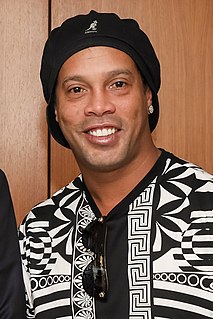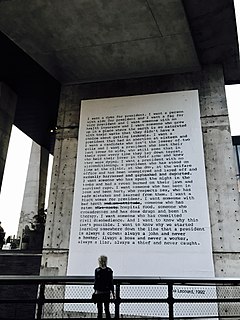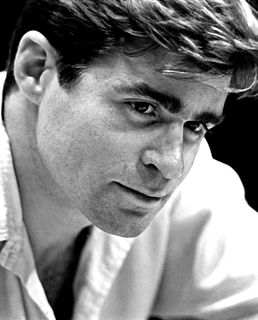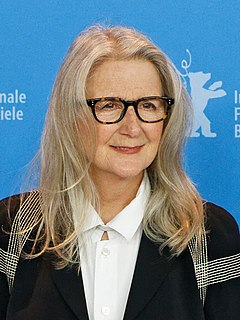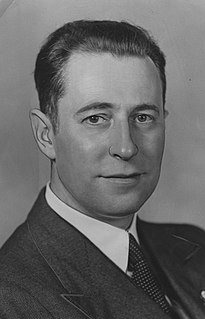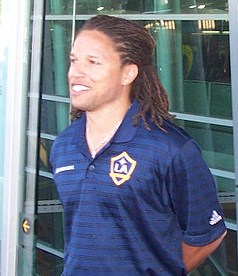A Quote by Jurgen Klinsmann
The '54 World Cup was the first time the people got the recognition back after the second World War and felt like they are proud of something you know it brought people back together and you know now we can keep our heads up again.
Related Quotes
When you say that after World War I there was a pandemic that killed more people than the war itself, most will say: "Wait, are you kidding? I know World War I, but there was no World War 1.5, was there?" But people were traveling around after the war, and that meant the force of infection was much higher. And the problem is that the rate of travel back then was dramatically less than what we have nowadays.
Brazil go into every World Cup expecting to win - so when it is in Brazil, it is expected even more. You can't understand what the World Cup means to our country. Not just the fans and players, but everybody in Brazil lets us know that they expect it. Our president, people in politics, all tell us to come back with the World Cup.
Both of my grandfathers fought in the Second World War, and my great-grandfather died at the Somme in the First World War. I never truly believed that the War just finished and everyone was happy-clappy, brought out the bunting, and felt everything was okay again. That's definitely not my impression of the fall-out of war.
In this world, there are two times. There is mechanical time and there is body time. The first is as rigid and metallic as a massive pendulum of iron that swings back and forth, back and forth, back and forth. The second squirms and wriggles like a bluefish in a bay. The first is unyielding, predetermined. The second makes up its mind as it goes along.
When I look at the directors that I really love, who really develop their films over time, they're almost always the ones who go back again and again and again at the same investigations. I think that when somebody has a theme they go after, it's fun to service that. It's like, "I know you now. I know what you go at." It helps you locate yourself a little bit quicker in their world.
After the First World War, it was, like, let's form the League of Nations, we have to learn to work together. It's the only way we're going to survive. And now it's like we're undoing these very fragile institutions that were built after the First and Second World Wars that were about nations working on a kind of global diplomacy for our mutual benefit. And we're undoing them at such rapid-fire pace.
Between the postwar fifties - domesticity, people happy to be alive after the Second World War, wanting to build a home, make a family, make a nest. Women were pushed back into the home after having been active in the Second World War. It was a big Doris Day moment for women, which didn't suit all women.
The World War I, I'm a child of World War I. And I really know about the children of war. Because both my parents were both badly damaged by the war. My father, physically, and both mentally and emotionally. So, I know exactly what it's like to be brought up in an atmosphere of a continual harping on the war.
I remember listening to my first World Cup in 1966. I was with my parents, helping them build our house and listening to it on the radio. We still didn't have a TV back then, but fortunately the first time I listened to a World Cup Jose Maria Munoz was commentating, and he's one of the best there is.
'I know,' said Winter, 'but they don't know.' And he went on with a thought he had been having. 'A time-minded people,' he said, 'and the time is nearly up. They think that just because they have only one leader and one head, we are all like that. They know that ten heads lopped off will destroy them, but we are a free people; we have as many heads as we have people, and in a time of need leaders pop up among us like mushrooms.'


